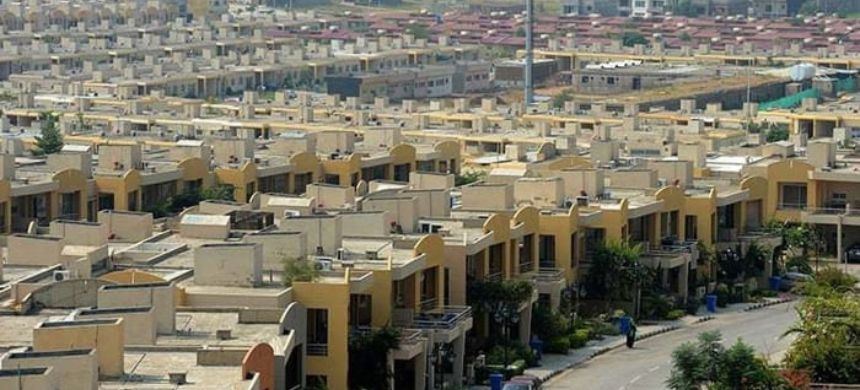The Economic Coordination Committee (ECC), led by Finance Minister Muhammad Aurangzeb, has approved a series of key economic measures focusing on affordable housing, industrial support, and consumer price stability.
In a major development, the ECC sanctioned a nationwide plan to build 50,000 low-cost homes. The initiative will be supported under the Mark-up Subsidy Risk Sharing Scheme, offering loans between Rs2 million and Rs3.5 million with tenures of up to 20 years. Officials say this move will stimulate the housing market and generate economic growth.
To ensure smooth execution, the Ministry of Housing has been tasked with creating a centralized national housing database and consulting stakeholders across federal and provincial levels.
Industry and Development Initiatives:
- Shipbreaking Sector: The ECC granted full industry status to Pakistan’s shipbreaking and recycling sector, aiming to encourage investment and improve operational efficiency.
- Skill Development: Approval was given for a Rs1 billion guarantee for the Pakistan Skill Impact Bond, which will fund nationwide skill-building programs.
- Steel Industry Support: As part of the National Tariff Policy 2025–30, the ECC endorsed measures to enhance the export potential of Pakistan’s steel sector and improve global competitiveness.
Inflation and Price Concerns:
Amid rising prices of ghee and cooking oil, the ECC expressed concern over the lack of domestic price relief despite falling global rates. The Ministry of Industries provided updates on pricing and supply. The committee urged stronger coordination among the CCP, price monitoring bodies, and provincial authorities to control profiteering and price manipulation.
Other Approvals:
- A review of fees related to radio-based communication services.
- Decision to seek Supreme Court guidance on gas tariff relief provided to a private company.
Read more: Popular Housing Society Cancels Development Charges Following Protests











